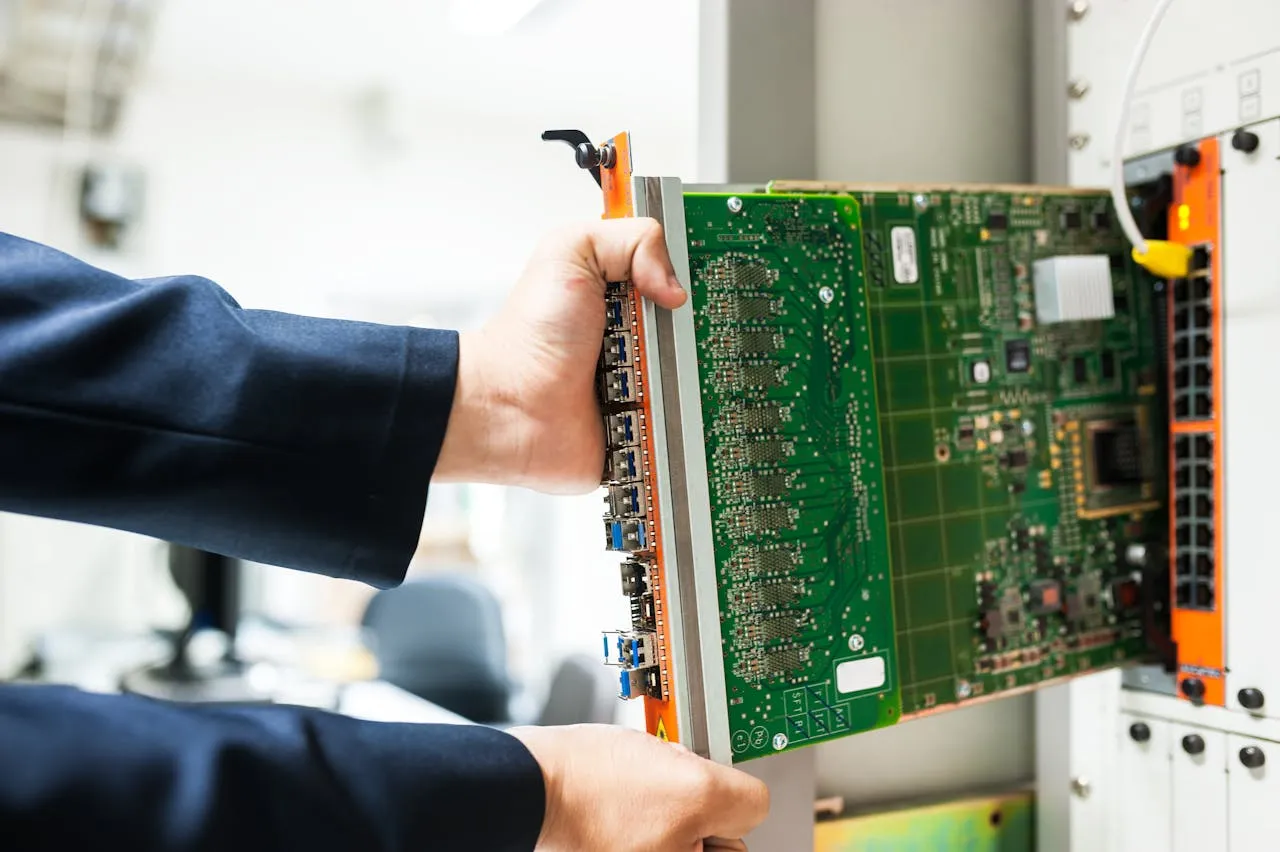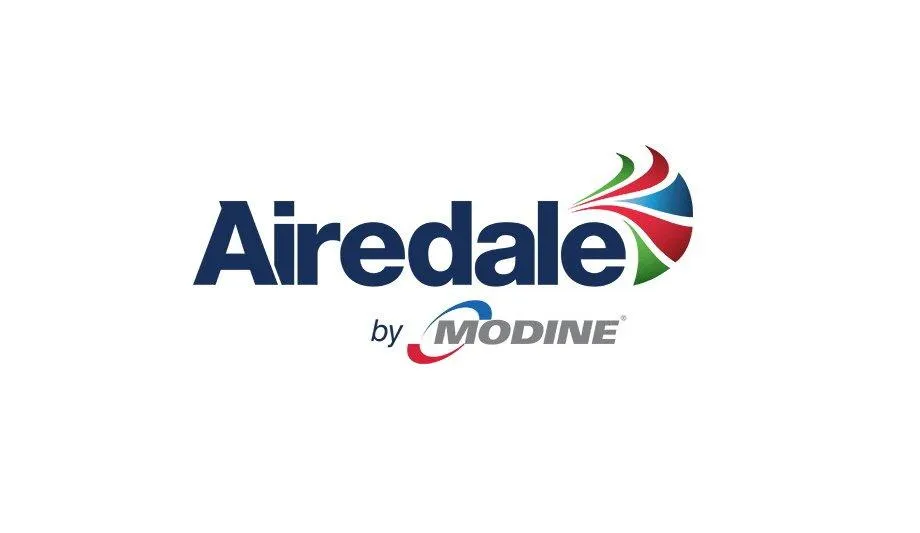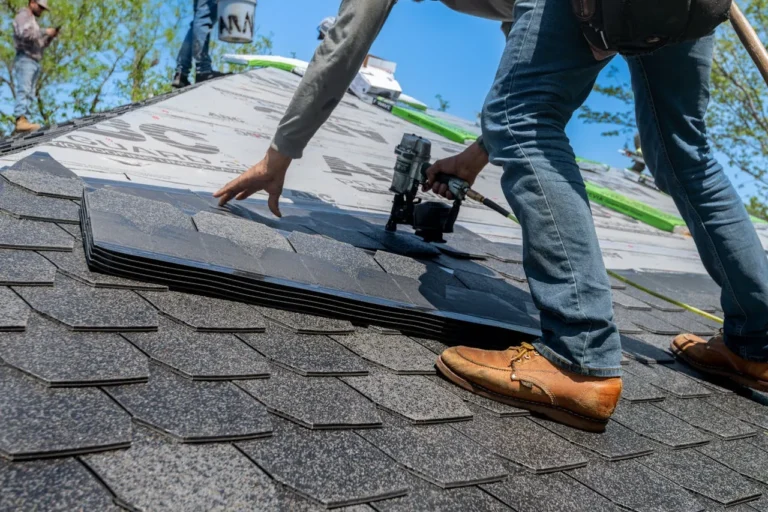
Americans Are Warming Up to Nearby Data Centers—If They’re Built Right, New Airedale Survey Reveals
In a country where major infrastructure projects often encounter fierce “Not In My Backyard” (NIMBY) opposition, a new survey reveals a surprising trend: a growing majority of Americans would welcome data centers into their communities—provided those facilities are built responsibly and offer tangible benefits to local residents.
This finding comes from the 2025 Airedale Data Center Neighborhood Survey, commissioned by Airedale by Modine, a global leader in precision cooling technology for data centers. The survey, conducted via the independent platform Pollfish, polled 600 U.S. adults and explored public attitudes toward one of the fastest-growing segments of digital infrastructure.
As artificial intelligence (AI), cloud computing, and connected technologies continue to reshape modern life, data centers have become critical hubs for processing, managing, and storing the vast quantities of information that power everything from online banking to telemedicine. But as these centers proliferate across urban and suburban landscapes, they also bring with them questions about energy consumption, land use, and environmental responsibility.
A Surprising Shift in Public Sentiment
Traditionally, large industrial facilities—whether power plants, manufacturing hubs, or telecommunication towers—have met with opposition from local communities, often due to fears over environmental impact, traffic congestion, or decreased property values. But Airedale’s research indicates a more nuanced and evolving view of digital infrastructure among the American public.
According to the survey, 70% of Americans are comfortable with a data center being constructed within a few miles of where they live, assuming it is developed with sustainable practices and includes community input. Notably, 47% said they would accept a facility within just five miles of their home, signaling a shift away from blanket opposition and toward a more conditional form of acceptance.
What Drives Public Support?
The survey’s findings suggest that the key to public acceptance lies in responsible development and a genuine effort by operators to be good neighbors.
Among respondents who expressed reservations about living near a data center, the top concerns were:
- Increased energy demand (63%)
- Noise pollution (60%)
- Impact on property values (52%)
These worries are not unfounded. Data centers are known to consume large amounts of electricity and water, particularly for cooling purposes, and depending on their design and location, they can create visual and auditory disturbances. However, the Airedale survey also revealed a strong appetite for collaborative and thoughtful solutions to these challenges.
In fact, 62% of respondents said their opinion of a nearby data center would improve if the operator invested in community initiatives such as education programs, local infrastructure, or environmental sustainability projects. This suggests that Americans are not inherently against data centers—they simply want to ensure they are developed in ways that contribute positively to the neighborhoods they inhabit.

Furthermore, 55% of respondents expressed support for tax incentives aimed at encouraging data centers to build responsibly, a significant finding that highlights the public’s willingness to support pro-growth policies—so long as the benefits are mutual.
A Strategic Asset for National Competitiveness
Beyond local concerns, many Americans also recognize the strategic value of data centers in maintaining the country’s leadership in technology and innovation. According to the survey, 59% of participants believe data centers are vital to the United States’ global competitiveness in emerging sectors such as AI, advanced manufacturing, financial services, and defense technologies.
“As we continue to digitize nearly every facet of our lives, from how we shop to how we receive healthcare, data centers have become the backbone of modern society,” said Kimberly Raduenz, Marketing Manager for North American Data Centers at Airedale by Modine. “With nearly half of survey respondents expressing no opposition to having a data center built near their home—and many acknowledging their essential role in supporting innovation—the industry has a unique opportunity to scale responsibly and sustainably.”
Raduenz added that the industry must prioritize transparent communication, energy efficiency, and community partnership as it continues to grow. “The demand for data storage and processing is accelerating, and we need to meet that demand in a way that aligns with environmental stewardship and social responsibility.”
Building Trust Through Technology and Engagement
To gain and maintain community support, developers must do more than simply minimize disruptions. They must actively demonstrate their commitment to being responsible neighbors. That includes designing facilities with:
- Noise-mitigating architecture
- Green roofs or low-visual-impact exteriors
- Advanced thermal management systems
- Energy-efficient cooling solutions
- Use of renewable energy sources
- Community advisory boards or engagement programs
Airedale, for example, has Airedale by Modine focused its product innovation on precision cooling systems that drastically reduce energy consumption while maintaining optimal performance. These systems help operators comply with environmental regulations and address local concerns about sustainability.
The findings of the survey underscore a broader trend: as Americans become more digitally connected, their understanding of and relationship to the infrastructure supporting that connectivity is also evolving. Where once people might have opposed any large-scale industrial development near their homes, today’s residents are more discerning, asking not just “what” is being built, but “how” and “why.”
From Opposition to Opportunity
This transformation in public sentiment presents a strategic opening for data center developers. By emphasizing responsible design, environmental responsibility, and local investment, companies can move beyond mere tolerance and achieve active community support.
It’s also a Airedale by Modine critical moment for policymakers, who are tasked with balancing economic development with environmental protection and public interest. The fact that a majority of Americans are open to tax incentives for responsible developers suggests that there is political will, as well as public approval, for smart regulation that promotes both growth and accountability.
As the global demand for data continues to grow—fueled by innovations in AI, IoT, and edge computing—the need for reliable, secure, and sustainable data center infrastructure will only intensify. By listening to communities, investing in green technologies, and maintaining a transparent development process, operators can help ensure that data centers are not seen as industrial intrusions, but as valuable assets to the neighborhoods they join.
Final Thoughts
The Airedale survey makes it clear: Airedale by Modine are not anti-technology or anti-development. They simply want to know that the technologies reshaping the future are doing so in a way that respects people, the planet, and the places they call home In this new landscape, trust is the foundation—and responsible development is the path forward.




